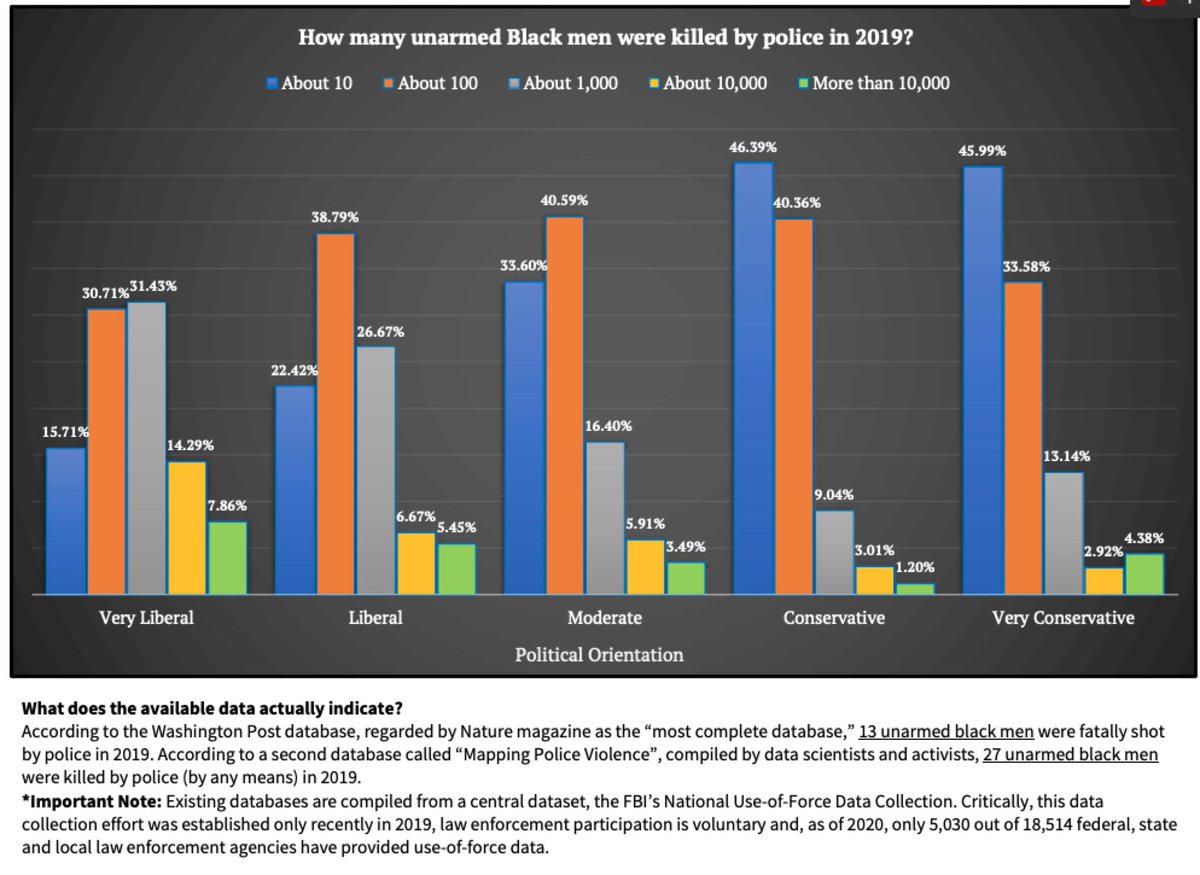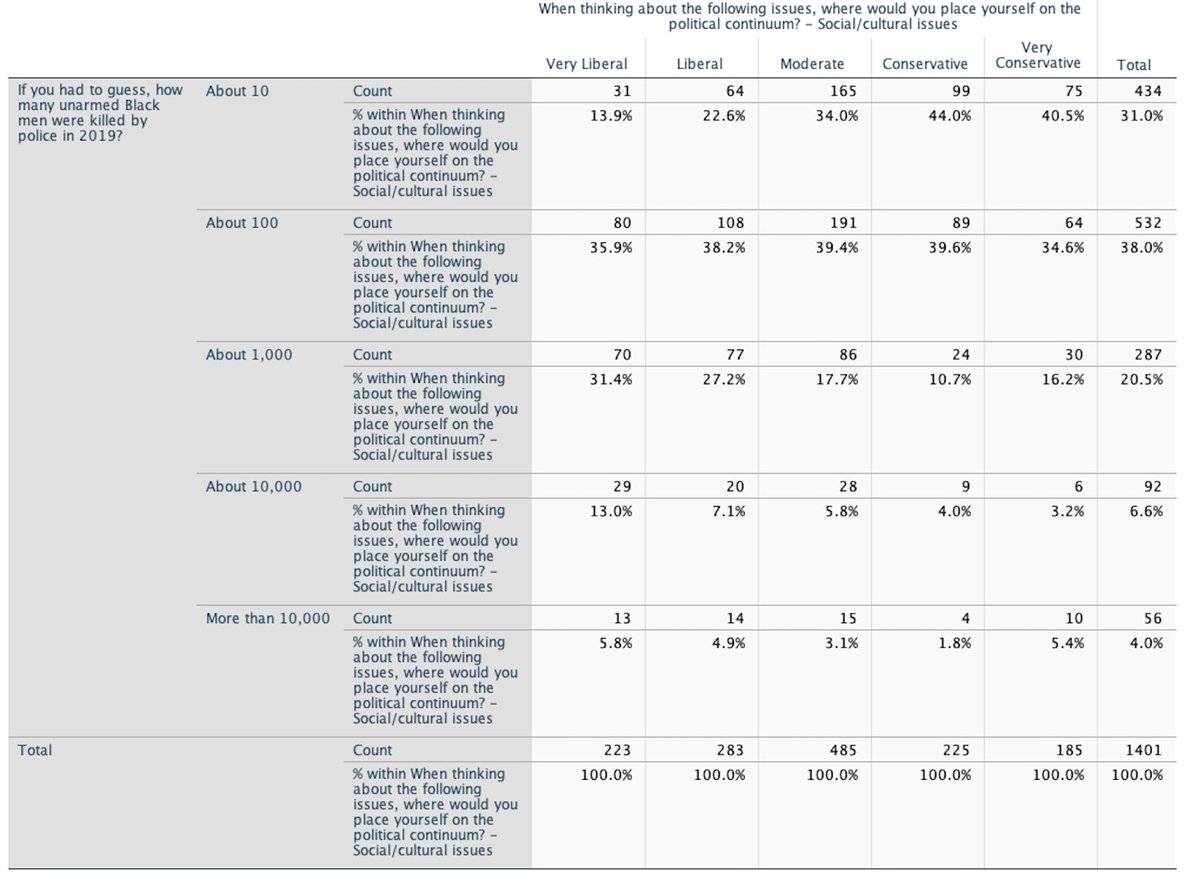
1/n A sizeable body of literature in the political sciences contends that female political candidates are disadvantaged by voter sexism. But, as @LJZigerell and I argue in a recent paper (linked in the final tweet), the measure of sexism on which this conclusion often rests..
2/n ...also shows that male candidates are penalized by a pro-women or anti-male bias. To explain, here is a version of the 'modern sexism' scale that is often featured in this line of research. 

3/n The very title of the scale seems to imply (and is often interpreted as such) that it runs from 'non-sexist' at the low end to 'sexist' at the high end. But, as LJ and I point out, the scale actually appears to range from 'anti-male' to 'anti-female'.
4/n To demonstrate this, we made use of two gendered feeling thermometers that were included in the 2019 wave of the Democracy Fund's voter study group. We subtracted each respondent's ratings of (on a 0-100 scale) 'women' from their ratings of 'men'. We then assessed...
5/n the size of the differential across the range of the modern sexism scale. As you can see, those who scored 'lowest' on MS rated women ~25 points more warmly on average than men. In contrast, those who were 'mild' modern sexists' actually rated the two sexes equally warmly. 

6/n There were also significantly significantly more respondents on the 'pro-female/anti-male' side of the warmth distribution (and, though not shown, on the MS distribution as well) 

7/n To reiterate: one implication of this is that, if female candidates are penalized by anti-female/pro-male sentiment, male candidates are penalized by anti-male/pro-female sentiment. We try to demonstrate this below. 

8/n And because anti-male/pro-female sentiment is more prevalent in the sample than the inverse, it could be argued that, in the aggregate, female candidates enjoy a net advantage.
9/n But the real thrust of the paper is our argument that, because it lacks both a neutral mid-point and a 'non-sexist' low-point, modern sexism shouldn't be treated or used as a valid measure of sexism.
10/n Some recent researchers have acknowledged this problem and have attempted to create an 'anti-male' version of the MS scale. A major problem with this is that it a) simply substitutes 'men' for 'women', and thus b) applies stereotypes of women..
11/n (e.g. 'women are much too easily offended by innocent remarks') to men, which would have the effect of understating anti-male sentiment (because the incongruency will elicit less agreement)
12/n While not flawless, we argue that the gendered feeling thermometers--because they have neutral midpoints and clearly defined end-points--are a better and more valid index of anti-female/male sentiment than the MS scale. We nonetheless encourage researchers to develop..
13/n ..alternative measures that address the flaws of the MS scale.
14/n Here is a link to the paper. dropbox.com/s/ybutw7w136df…
We're still in the pre-print phase, so we would greatly appreciate any feedback (in fact, that's more or less the point of this thread)
We're still in the pre-print phase, so we would greatly appreciate any feedback (in fact, that's more or less the point of this thread)
• • •
Missing some Tweet in this thread? You can try to
force a refresh










